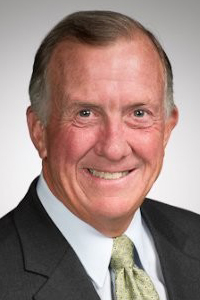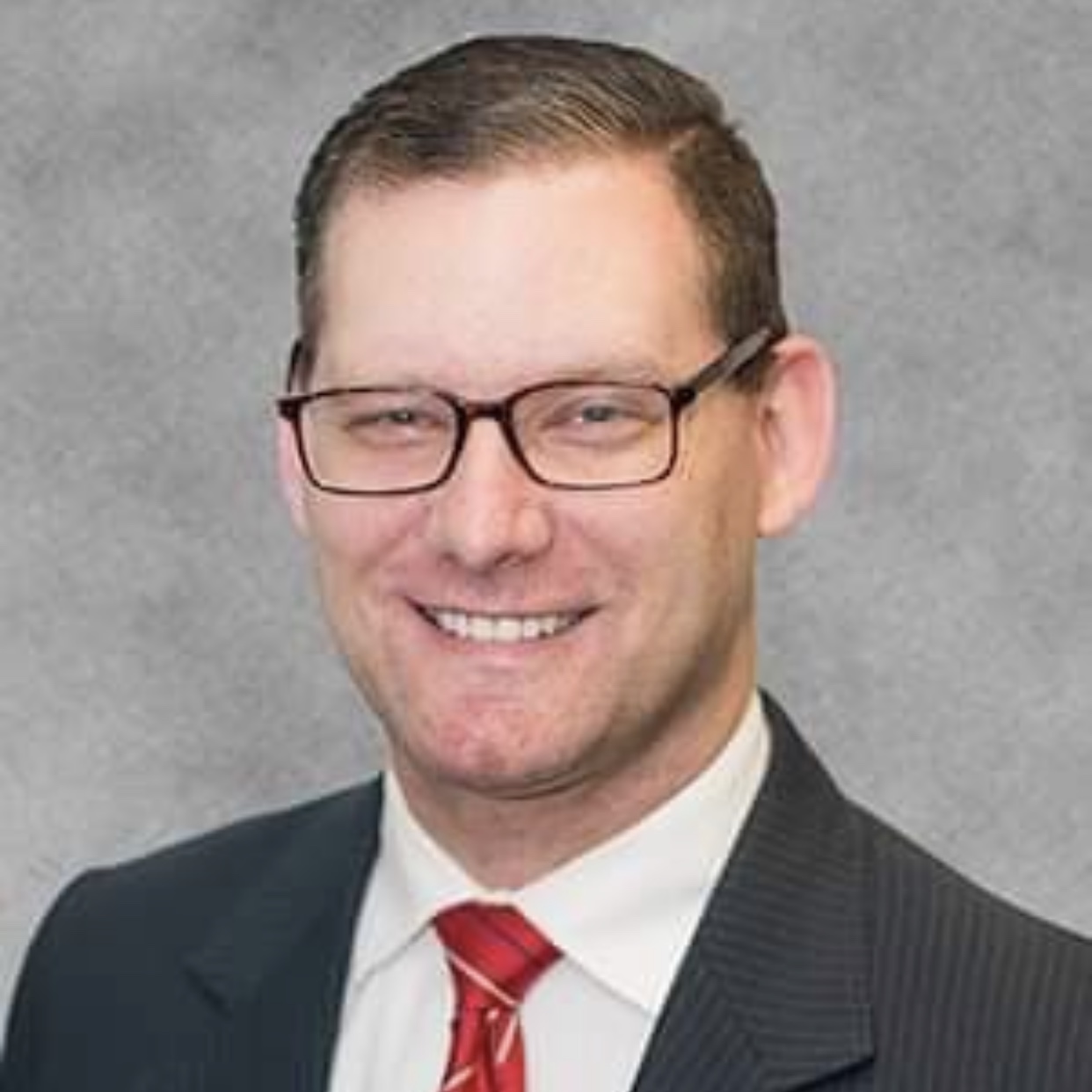
State and Local Officials Clarify Buttles Road Diet Origins
MIDLAND, Mich. — Conflicting accounts of the origins of the Buttles road diet have prompted citizen speculation and many public comments as to how the study was established, who was truly involved, and for what ultimate purpose.

During a meeting between newly minted Midland Daily News Editor Kate Hessling and executives from the Michigan Baseball Foundation last month, the topic of the road diet came up; and Ms. Hessling summoned a reporter to the room.
“We started talking about the road diet and she pulled in the reporter, so then we did an interview,” Michigan Baseball Foundation President David Ramaker told the City Paper.
The result of the meeting was an article published in the Daily News giving the Michigan Baseball Foundation a chance to clarify its alleged role in the establishment of the Buttles road diet.
Michigan Baseball Foundation Chairman and Chief Executive William S. Stavropoulos told the Daily News that the foundation’s support of the road diet has been misinterpreted.
A Corporate Conspiracy — To Make Midland Better
Social media speculation on the Michigan Baseball Foundation’s alleged role in the establishment of the road diet hit a fever pitch after an e-mail message surfaced from Michigan Department of Transportation (MDOT) Communications Representative Jocelyn Hall.
“MDOT is simply facilitating the study as was requested by local officials,” Ms. Hall wrote, which seemed to be at odds with the foundation’s narrative that the road diet was initiated by MDOT.
“[Those are] certainly my words,” Ms. Hall told the City Paper, “but I should have selected different language, because in this case it can become confusing.”
Even Mr. Ramaker stresses that the terminology used when discussing this topic can create confusion.
“I know that the city and the state had conversations trying to clear up the terminology as to who initiated what — within the last couple of weeks,” Mr. Ramaker told the City Paper. “This is where the terminology is getting intermingled. Yes, the city is the one who initiated the bollards and agreed to have the bollards on the street, but that is only one part of the overall MDOT study.”
Ms. Hall tried to clarify the language in her original e-mail message.
“We did in fact initiate a corridor study a few years ago, it reviewed the corridor from Washington to the US-10 interchange,” she told the City Paper. “The preferred design alternative was a road diet on Buttles. That is currently in a three-year trial. We are facilitating the trial that is currently underway. MDOT determined that the road would function safely at two lanes of capacity.”
Ms. Hall told the City Paper that MDOT remains neutral on the road diet as a matter of public policy. As to who selected the road diet as the preferred design alternative to the study, Ms. Hall says that it was the City of Midland.
“The city decided they wanted to trial the road diet, and MDOT agreed to facilitate the trial, but under the requirement that it had to be three years to ensure we collected data following the completion of the M-20 bridge construction,” Ms. Hall told the City Paper. “MDOT does not implement a road diet without the support of the local municipality. In this case, we provided an option based on information collected during a thorough corridor study in 2015. Whether or not anything came of it was not MDOT’s decision.”
Mr. Ramaker emphasized that the origin of the road diet was MDOT looking at their highways and their road structure throughout the State of Michigan.
“We’re standing on what we said to the Midland Daily News,” Mr. Ramaker told the City Paper. “[The Michigan Baseball Foundation] did not initiate this study. We did not commission it.”
A Bridge Between MDOT and the Michigan Baseball Foundation

Michigan Baseball Foundation Vice President and Secretary Michael D. Hayes also serves as vice chair and a commissioner on the Michigan State Transportation Committee. Mr. Hayes retired as President and Chief Executive at the Midland Center for the Arts in 2015 and retired from Dow Chemical in 2008 as Vice President of Executive Relations.
“We have nothing to do with decisions made at the local level about roads,” Mr. Hayes told the City Paper.
Mr. Hayes said that he had a side conversation with some MDOT workers while they were working on Eastman Road in front of the Center for the Arts.
“MDOT did a complete re-do of Eastman Road in front of the Center, when I was at the Center for the Arts. The whole road bed was taken out — the sewer lines — it started in the spring and ended in the fall, it was all summer long,” Mr. Hayes told the City Paper. “I had sidebar discussions — I said to the MDOT guy, you know, what do you think about continuing that, because from Jerome Street to Washington Street, it’s awful. Indian and Buttles, the surfaces — they still are — if you drive down Indian Street, they’re terrible.”
“And they said, ‘Well it’s on their plan, but they don’t have funds for it,'” Mr. Hayes told the City Paper. “I said well, should you — just asking it as a common citizen, not as a commissioner — and they said, ‘That’s probably what we outta do is do a study of the traffic from Wackerly to Washington to see what the situation is today.’ I said, ‘That sounds like a great idea — why don’t you do that?’ And that was done. And that is the extent of the conversation I had and that was kind of a — they came up with it and said, ‘That’s what we should do.'”
Mr. Hayes says that there’s no connection between the Buttles road diet and his tenure as a state transportation commissioner.
“Frankly it’s really not a big deal. We only meet four times a year,” he told the City Paper.
The commission is the policy-making body for all state transportation programs and is comprised of six members appointed by the governor. Mr. Hayes was appointed by former Gov. Snyder in 2011 and his tenure expires in 2020.
“I know that some people love to stand up in front of City Council and tell them, ‘Oh God, Mike Hayes is on the state transportation commission and that’s why this was done, and blah-blah-blah,’ and I’ve never bothered to refute it because they don’t want to hear the truth anyway,” Mr. Hayes told the City Paper. “I’d just like to tell them, ‘You’re being ridiculous,’ because if I brought that up in a commission meeting, the commissioners would say, ‘What? What are you talking about? It’s none of our concern.’”
mike@chemicalcitypaper.com | @Westendorf

Michael Westendorf is the chairman and executive editor of Chemical City Paper. As Executive Editor, he leads the City Paper’s news coverage and editorial team.

